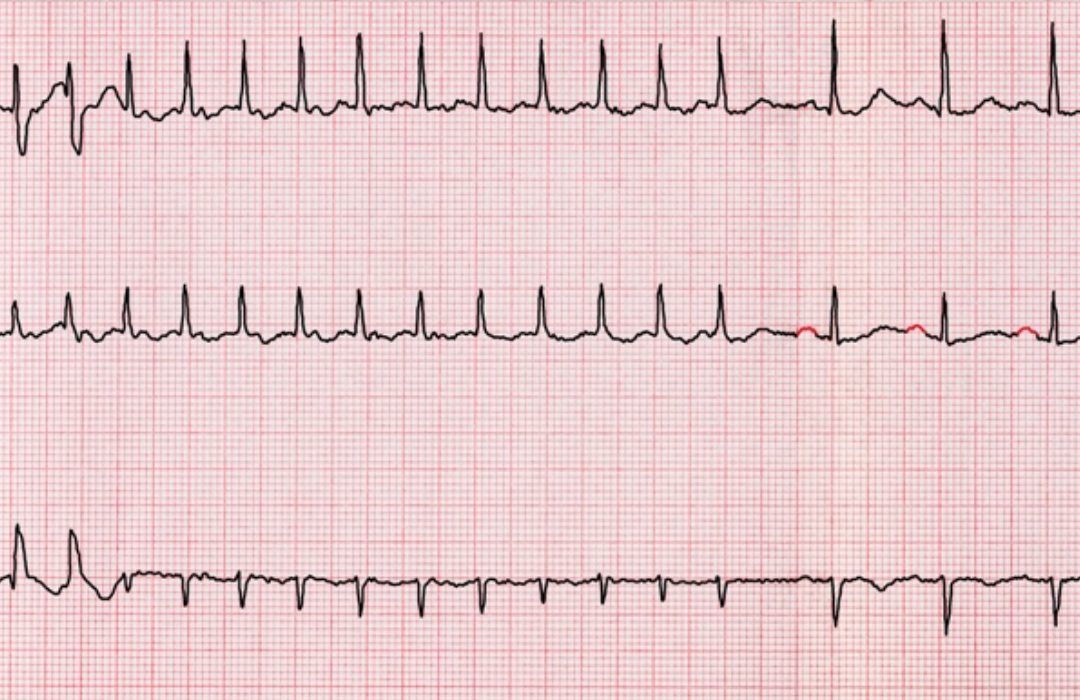Eue-Keun Choi and Seoul National University colleages have developed an atrial fibrillation detecting ring, with similar functionality to AliveCor and other watch-based monitors. The researchers claim that the performance is comparable to medical grade pulse oximeters.
In a study, Soonil Kwon and colleagues analyzed data from 119 patients with AF who underwent simultaneous ECG and photoplethysmography before and after direct-current cardioversion. 27,569 photoplethysmography samples were analyzed by an algorithm developed with a convolutional neural network. Rhythms were then interpreted with the wearable ring.
The accuracy of the convolutional neural network was 99.3% to diagnose AF and 95.9% to diagnose sinus rhythm. The accuracy of the wearable device was 98.3% for sinus rhythm and 100% for AF after filtering low-quality samples.
Choi believes that: “Deep learning or [artificial intelligence] can overcome formerly important problems of [photoplethysmography]-based arrhythmia diagnosis. It not only improves diagnostic accuracy in great degrees, but also suggests a metric how this diagnosis will be likely true without ECG validation. Combined with wearable technology, this will considerably boost the effectiveness of AF detection.”.
Join ApplySci at the 12th Wearable Tech + Digital Health + Neurotech Boston conference on November 14, 2019 at Harvard Medical School and the 13th Wearable Tech + Neurotech + Digital Health Silicon Valley conference on February 11-12, 2020 at Stanford University
